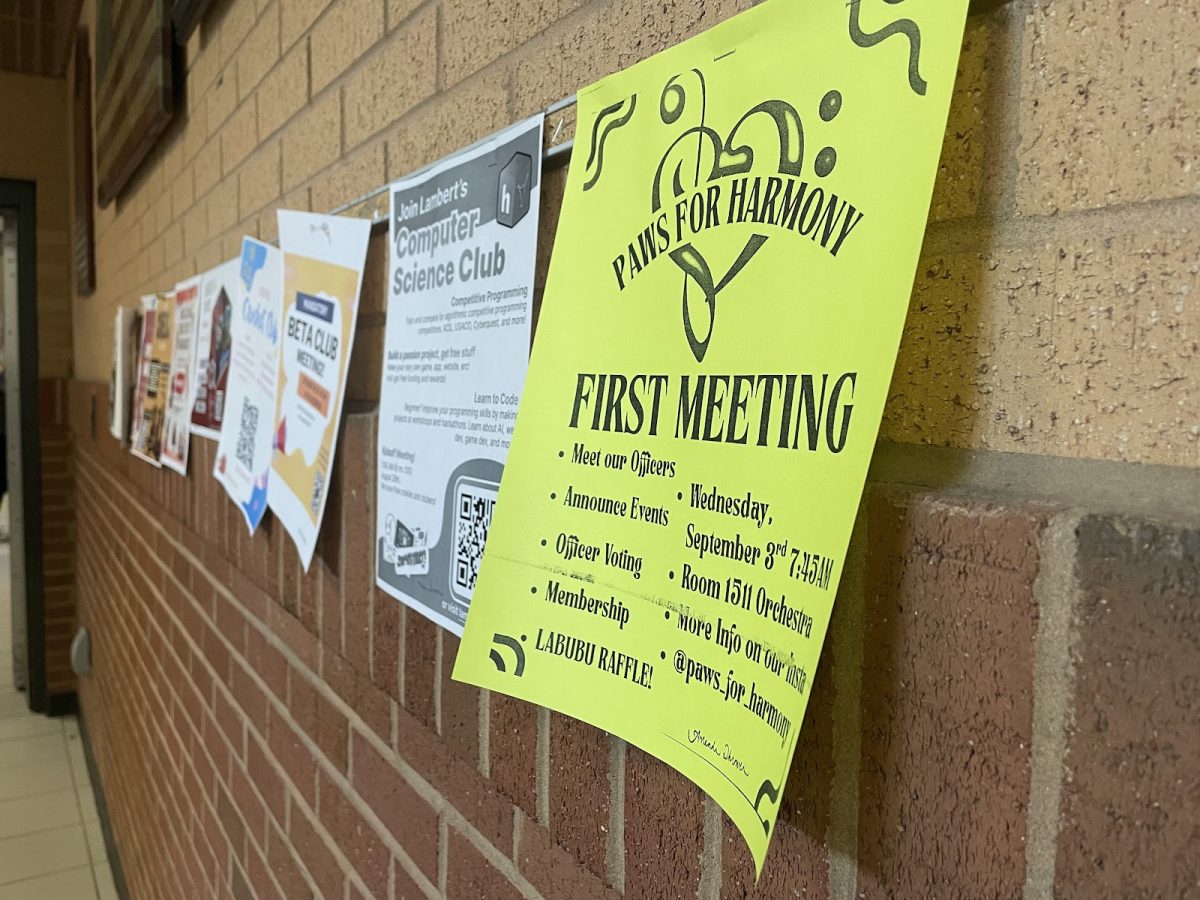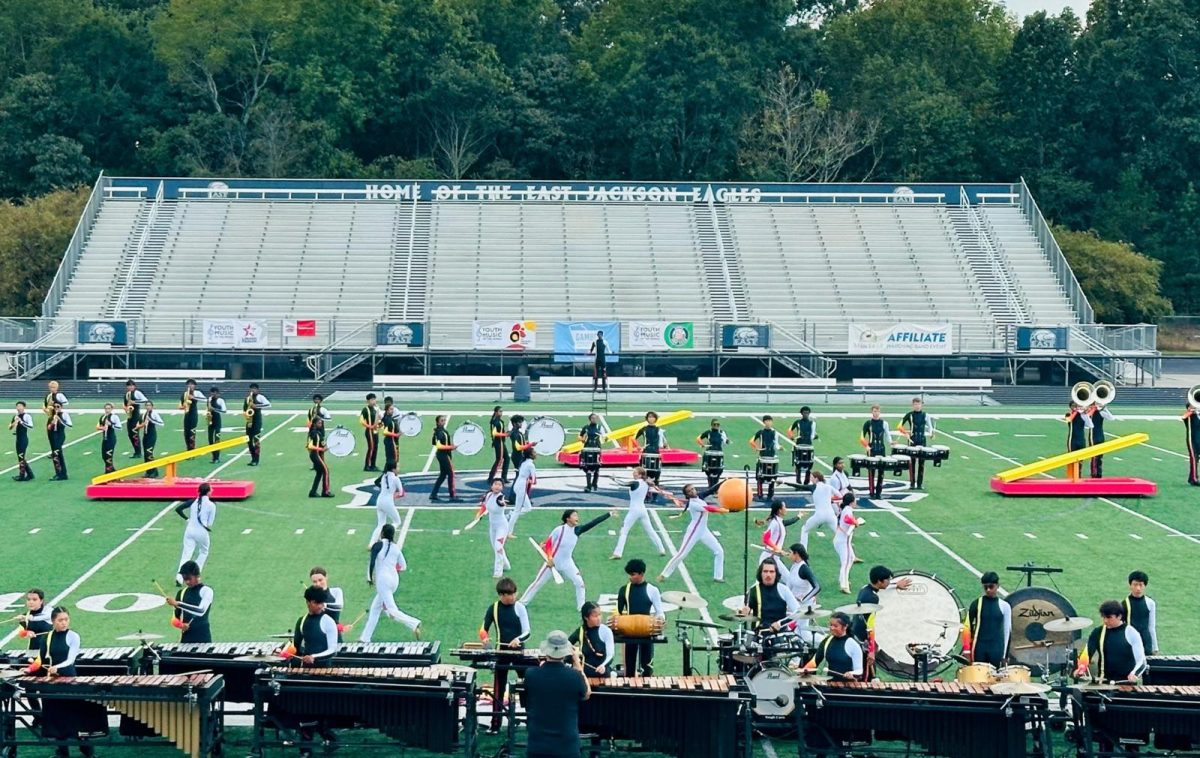Online courses have been a big part of Lambert’s academics. In previous years, students could take multiple Advanced Placement (AP) classes through programs such as Georgia Virtual (GAVS) or Forsyth Virtual Academy (FVA), and it helped students who didn’t have space in their schedule to take the classes that they wanted. However, administrators and teachers found that some students were using the classes as a means to boost their GPA, leading to the push for a limit on the number of classes one can take. The Online Course Policy has been in place since December 2024, and it has significantly impacted the stressful environment Lambert’s underclassmen find themselves in.
The Online Course Policy affects the class of 2028 and below and it sets a limit on the number of credits students can get for taking self-paid classes online. Regardless of the number of classes taken online, students are now limited to only adding one course credit to their transcript per semester. According to Lambert counselor Ms. Avila, the overarching reason for this restriction is to reduce pressure and give more time back to students.
“I think the push is to have you guys actually participate in other things that are meaningful and not put so much stress on the APs,” she explained. “I would say that everyone in this department, and I would even extend it to admin, we want you all to be kids, and that’s where that push is coming from.”
Taking online courses requires time commitment just like any other class; by putting a cap on the number of classes a student could get credit for, administrators and counselors hope to create a healthy impact on students.
Additionally, much of the pressure upperclassmen have felt throughout the years to take more classes has been significantly reduced for freshmen and sophomores. In the past, many students were taking classes online because their peers were taking them or their parents felt that by taking these classes students would be able to achieve more academically. With the policy in place, Ms. Avila believes that students will become less likely to fall victim to these outside pressures.
“With that limit, friends are not able to pressure other kids,” she said. “Or it’s like students don’t want to do it, but they feel like they have to do it because their parents are hearing from other parents that this is what’s required.”
Much of these beliefs comes from misconceptions regarding colleges wanting to see a rigorous work load. However, it has been proven that colleges, like the University of Georgia or Georgia Tech, look past the transcript, so acceptance doesn’t solely rely on how many classes a student takes.
While many expected that the student population wouldn’t take kindly to this policy, lots of underclassmen were actually very grateful for the change. Even though the policy did affect their plans for high school and there was some initial backlash from students, many sophomores and freshmen found themselves with less stress and more time to focus on other activities.
“Now we’re okay with it, but before last year, we were kind of upset by it,” sophomore Pratyush Verma said. “Because most of us were planning on stacking APs like the upperclassmen and our friends, especially since now we realize too many APs are actually a problem.”
Stacking APs means to take a lot of AP classes after school. With the online course policy, the issue of students stacking APs and creating an unfair advantage for themselves has almost been completely eradicated.
Lambert has long been known for its highly competitive environment. But, with the passing of the online course policy and other actions that the school administration and counseling department have taken, there is potential for stress to become a less prominent part of the Lambert culture.





















